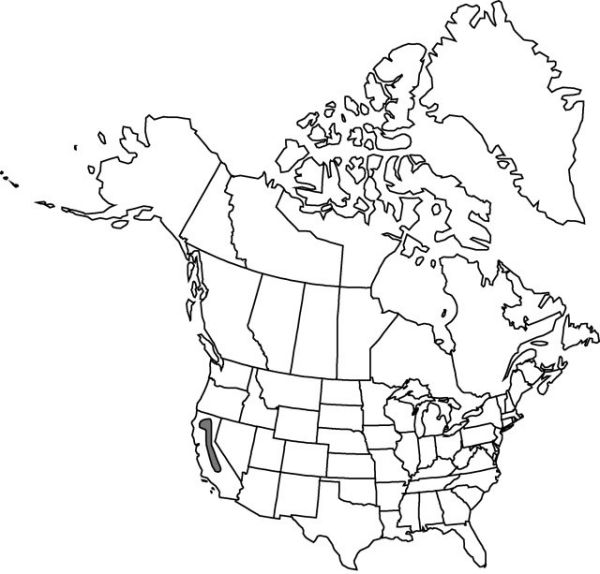Difference between revisions of "Triteleia ixioides subsp. scabra"
Aliso 8: 240. 1975.
Endemic
Basionym: Calliprora scabra Greene Erythea 3: 126. 1895
Synonyms: Brodiaea ixioides var. scabra (Greene) Smiley Brodiaea lutea var. scabra (Greene) Munz Brodiaea scabra (Greene) Baker Calliprora aurantea Kellogg Triteleia ixioides var. scabra (Greene) Hoover Triteleia scabra
imported>Volume Importer |
imported>Volume Importer |
||
| Line 79: | Line 79: | ||
|publication year=1975 | |publication year=1975 | ||
|special status=Endemic | |special status=Endemic | ||
| − | |source xml=https:// | + | |source xml=https://bitbucket.org/aafc-mbb/fna-data-curation/src/2e0870ddd59836b60bcf96646a41e87ea5a5943a/coarse_grained_fna_xml/V26/V26_700.xml |
|genus=Triteleia | |genus=Triteleia | ||
|species=Triteleia ixioides | |species=Triteleia ixioides | ||
Latest revision as of 21:16, 5 November 2020
Leaves 1–2, 10–50 cm. Scape 20–50 cm, usually scabrous. Flowers: perianth usually straw-colored to pale yellow, tube 3–7 mm, much shorter than lobes, lobes ascending to reflexed, 10–20 mm; short filaments 4–5 mm, long filaments 5–7 mm, apical appendages long, slender, straight to recurved; anthers cream or yellow, occasionally blue; pedicel 1–9 cm. 2n = 10 (11), 16, 24, 32.
Phenology: Flowering spring (Mar–May, later at higher altitudes).
Habitat: Scrub edges, mixed or coniferous forests, foothill woodlands, valley grasslands, in clay and granite soils
Elevation: 200–2200 m
Discussion
Selected References
None.
Lower Taxa
None.
